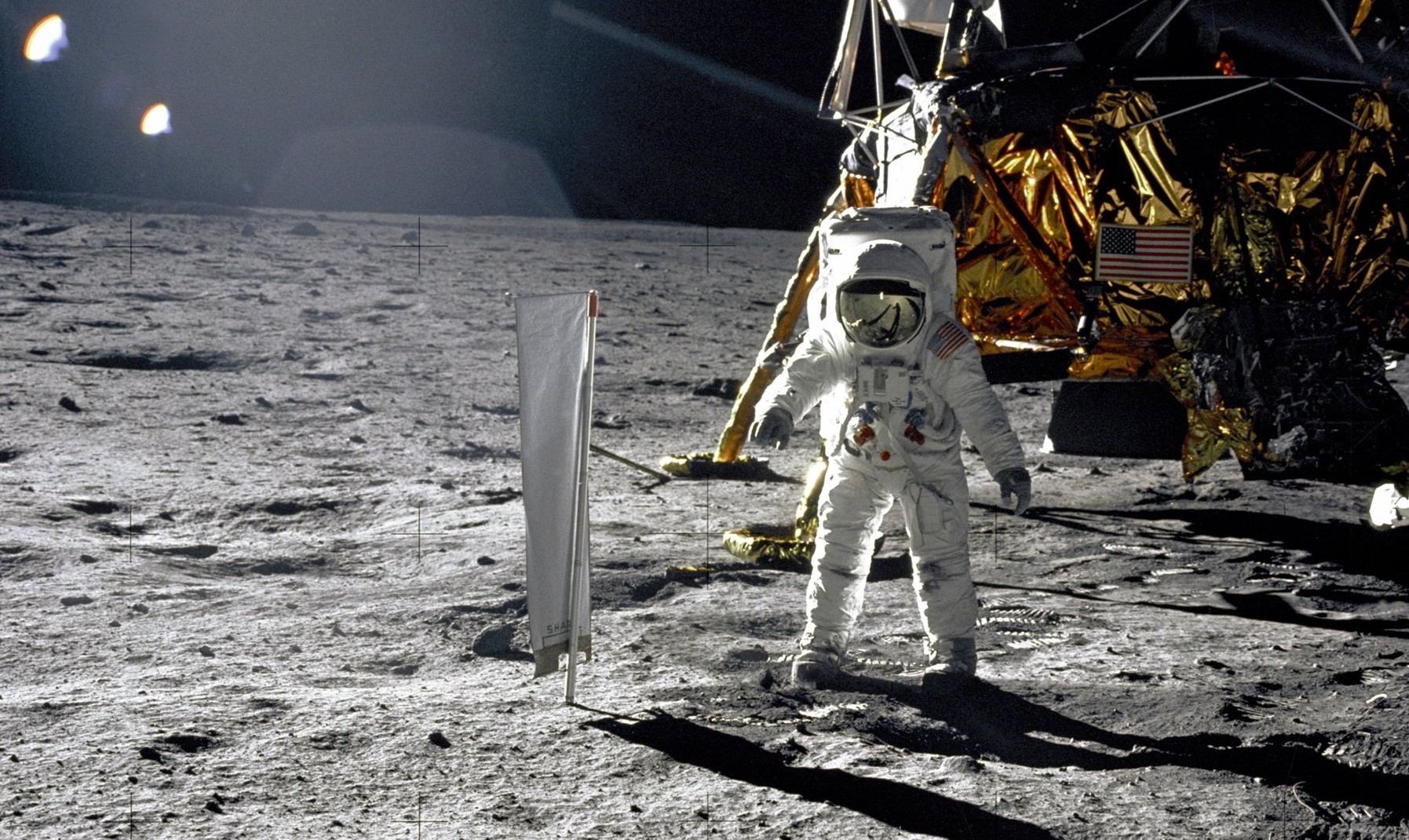“That’s one small step for a man but a giant leap for a mankind”.
These stirring words of Neil Armstrong instantly became a part of human history when he became the first man ever to walk on the surface of moon. Apollo 11 was the first spaceflight that landed the first humans on the moon. After Apollo 11’s landing on 20th July 1969, there have been six manned landings; last time a human walked on moon was in December 1972 when Apollo 17 landed on moon’s surface. Since then, every country or organisation has sent or is planning to send unmanned, motorized and automated lunar probes.
Now China and Europe are planning manned moon landings by year 2023; but if NASA could do it in 1969, just eight years after the historic speech of John F. Kennedy, why is it so difficult to go back?
Scientists wanted to return to the moon soon after the first moon landing. Apollo 17 was the only mission to send a geologist Harrison Schmitt to the moon. In fact, he is the only scientist who has been to the moon. They kept the trips short, thus limiting the time to study the surface around the landing site. This shows that there was a political aim behind the Apollo missions as they wanted to send as much astronauts to the moon as possible and return them back safely.
The most kooky reason behind NASA not returning to the moon is that their current rockets aren’t capable enough to carry a payload for a manned mission and outgo the low-Earth orbit to reach the moon. NASA’s Constellation program manager said, “The amount of rocket energy it takes to accelerate those kinds of payloads away from Earth doesn’t exist anymore.”
Also a return trip to the moon isn’t penurious at all. [highlight ]During the Apollo mission NASA had a huge budget; it was almost 5% of the total federal budget but now it is less than 1%.[/highlight] Thus the problem seems to be somewhat more fiscal than technical. During the Apollo missions, people tended to justify these missions but today they judge every perk of space exploration towards humanity.
The moon can provide us with great scientific data and lunar geology will bring a greater insight to earth’s history because unlike earth, its surface doesn’t change with tectonic movements or due to atmosphere; so it has a greater detail of composition and impacts from last billion years.
Building a radio telescope on the far sight of the moon will shield the telescope from the radio transmissions from earth will will help to unclothe the narrow bands of radio waves from the deep universe.
